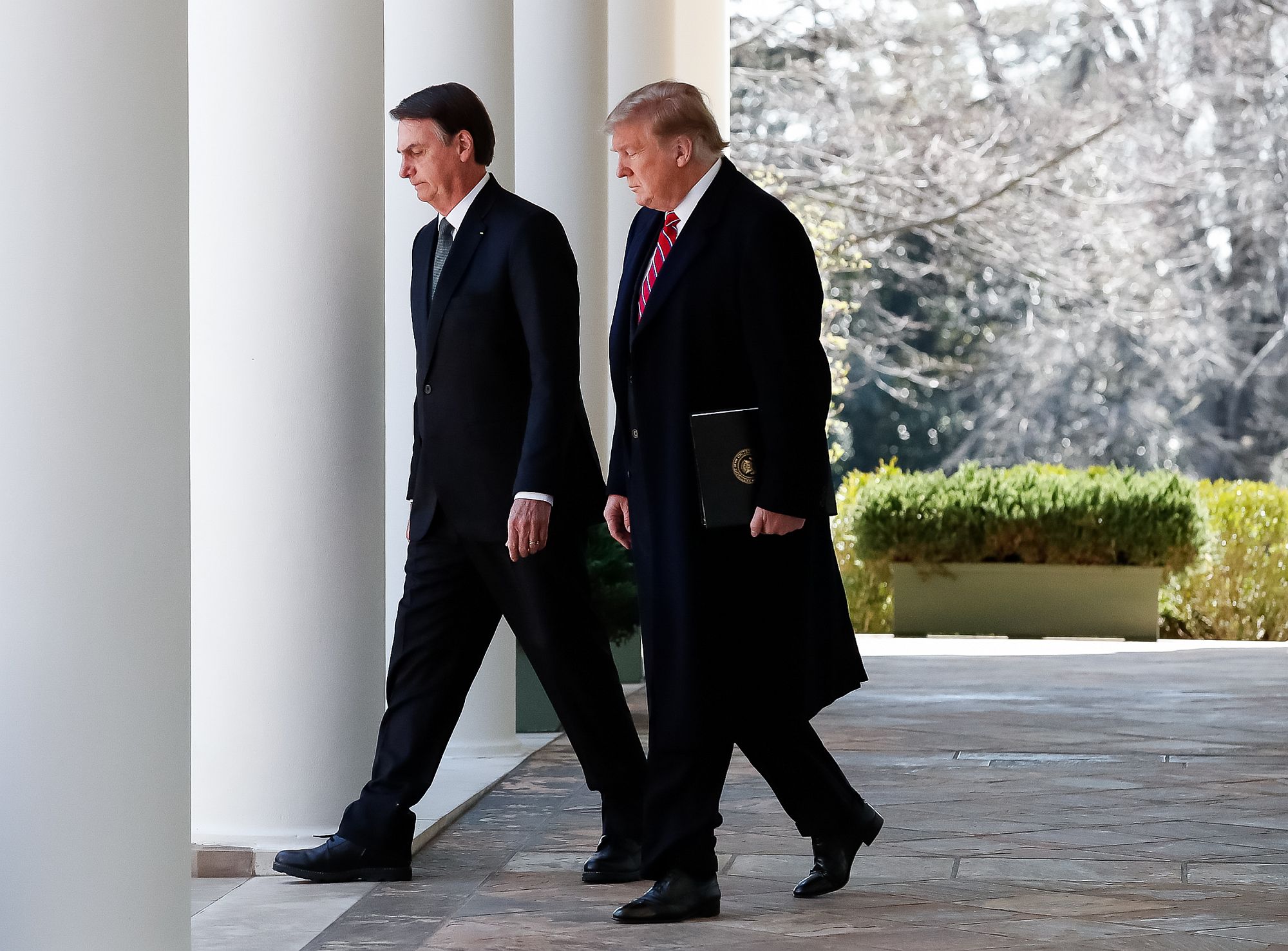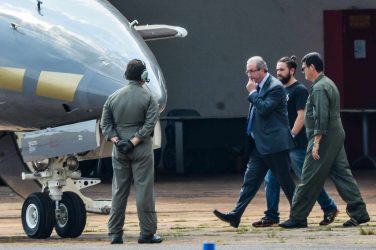US-Brazil relations during the early 21st century reflect the ongoing aspirations of two nations committed to an amicable and prosperous relationship in the Western Hemisphere.
Though dialogue under the Bush/Obama, Lula/Rousseff/Temer administrations reveals an alliance fraught with complexity, the general relationship over the past two decades has been one of reconciliation, partnership, and synergy.
Certainly, the United States and Brazil share the legacy of two countries committed to perpetuating an agenda of progressive diplomacy.
The Bush and Lula governments of the early 2000s generally maintained an agenda of cooperation. Coordinating policy on issues such as counter-narcotics, terrorism, energy security, trade, environmental issues, human rights and HIV/AIDS as mentioned in a Wikipedia profile, the two administrations sought to promote a general posture of conciliation, while at the same time pursuing the common goal of Brazil’s regional and international integration.
For example, the United States approved of Brazil’s role in peacekeeping in Haiti (MINUSTAH) in 2004, and Brazil supported the US response to the World Trade Center terrorist attack in 2001. Despite some distance, Bush supported Brazil’s emergence on the world stage at the UN, with programs in Africa and at the Doha Round, and collaborated in health and sanitation, biodiversity, agricultural, energy policy, science and technology issues as well.
With the conclusion of the Bush and Lula presidencies, the Rousseff administration espoused an invigorated bilateral cooperation, revealing a continued posture of goodwill between the two nations.
Particularly in the areas of commerce and investment, energy, defense, climate change, human rights, education, and science and technology, the US and Brazil sought to perpetuate a program of cooperative ideas and ideals.
Though unfortunately marred by the Snowden spying scandal under Obama, the shared aim of promoting dialogue on virtually all diplomatic fronts reinforced the strategic partnership.
Clarified by a lucid report by the Council of Foreign Relations, as well as a joint communiqué publication by Obama and Rousseff dated June 2015 pertaining to Global Brazil and US-Brazil Relations from 2011, the coordinated US/Brazilian agenda is evident, and the topics are worthy of citation:
The Israeli-Palestinian conflict, trade policy, monetary policy, space, education, nuclear policy, trade and investment, counter-narcotics efforts, biofuels/renewable energy, climate change, trade and investment, aviation, infrastructure, environment, labor, security, the United Nations/OAS, science and technology, health care, human rights, agriculture, homeland security, cybersecurity, and defense.
In the end, the Rousseff/Obama governments sought a “mature working relationship” by which to further an agenda of shared concerns.
Tracing the path of relations after Rousseff, the Temer administration continued the policy of diplomatic openness. In a speech at the Brazil Institute in 2016 by then US Ambassador Liliana Ayalde, the goal of peaceful coordination of relations is evident – for example, and at length, in the Embraer/Boeing, SMEs, mutual economic interdependence, patent registration, environmental issues, Paris Climate Change Agreement, Defense Cooperation Agreement, Brazil-US Defense Industry Dialogue, Internet Governance, Olympic security/law enforcement, UN/OAS Partnerships, Latin America, Africa, Caribbean, general peacekeeping, the Montreal Protocol, Syria, North Korea, and the
advancement of Women and Girls.
Furthermore, Temer’s and Pence’s Joint Press statement of June, 2018,
reflect this symbiotic relationship – most notably mentioned were cultural and academic exchanges, tourism, trade, investment, job creation, space exploration, coordination and collaboration on organized crime initiatives, and the ongoing crisis in Venezuela and Central America.
In retrospect, what can be said of the bilateral relation between the United States and Brazil in the early 21th century? Generally speaking, it has been one of an ongoing complementary alliance, rooted in a recognition of shared goals and mutual aspirations.
But the legacy of US/Brazil relations from the Bush and Obama administrations remains to be seen. The future of the relationship under Trump, Bolsonaro, and any future US and Brazilian administrations from 2019 on may or may not be determined by the precedent of the historical friendship between the two countries.
Indeed, the past two decades demonstrate the possibility for both closeness and distance in the bilateral accord, and with Bolsonaro’s visit to Washington, the issue emerges as a basis for speculation, curiosity and anticipation.
Perhaps the most compelling theme in the history of US/Brazil relations in the early 21st century is represented by rubric of the Monroe Doctrine, particularly in regards to US influence in Latin America in general, and in Brazil in specific.
Clearly, despite the fact that Brazil maintains a relatively closed economy, diplomatic interaction with the United States and around the world dictate that the era of Brazil’s isolation has not only ended, but has been over for decades.
One should bear in mind that Brazil integrates and interacts significantly with China and the EU, and any posture of benign neglect on the part of the United States will only stifle what has been a longstanding fruitful bilateral relationship, and could potentially curtail US influence in the region.
Ultimately, US/Brazil relations hinge on the recognition of the necessity of ongoing diplomatic, political, economic and cultural relations and exchange, while at the same time aspiring to goals of Brazil’s integration.
For the United States, Brazil represents not only an opportunity to pursue dominance in the Western Hemisphere, but the possibility of crafting a policy mutually beneficial political and economic agendas for both countries.
For Brazil, the United States offers the possibility of embracing a partnership which can propel the South American nation’s interests to regional and international influence, while at the same time, ameliorating the basic standard of living of its citizens, with the help of the United States as a benevolent regional superpower.
In fact, this legacy of diplomatic and economic coordination has been around since 1822, with the US as the first country to formally recognize Brazil’s independence.
Looking back on the past two decades, the United States and Brazil stand poised to gain under the Trump and Bolsonaro administrations, based on a history of mutual engagement and respect for each country’s fundamental aims of domestic economic improvement, democratic stability, and international integration.






